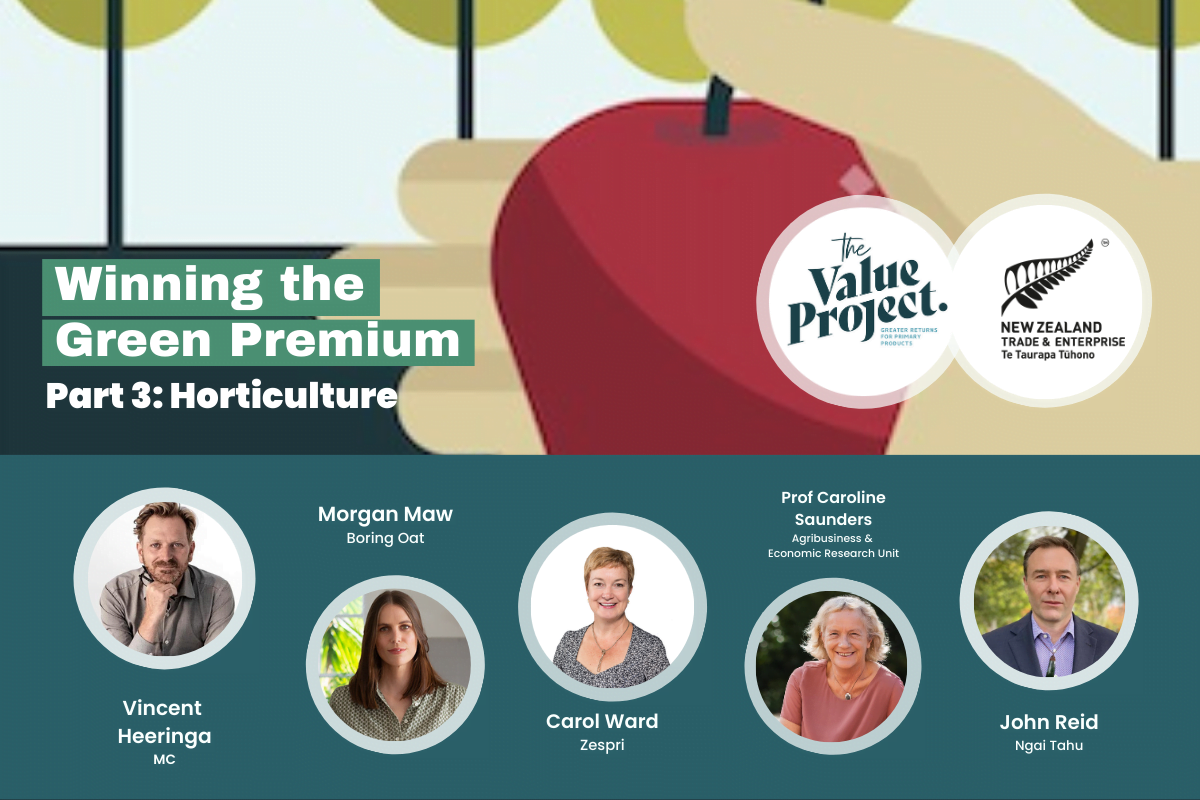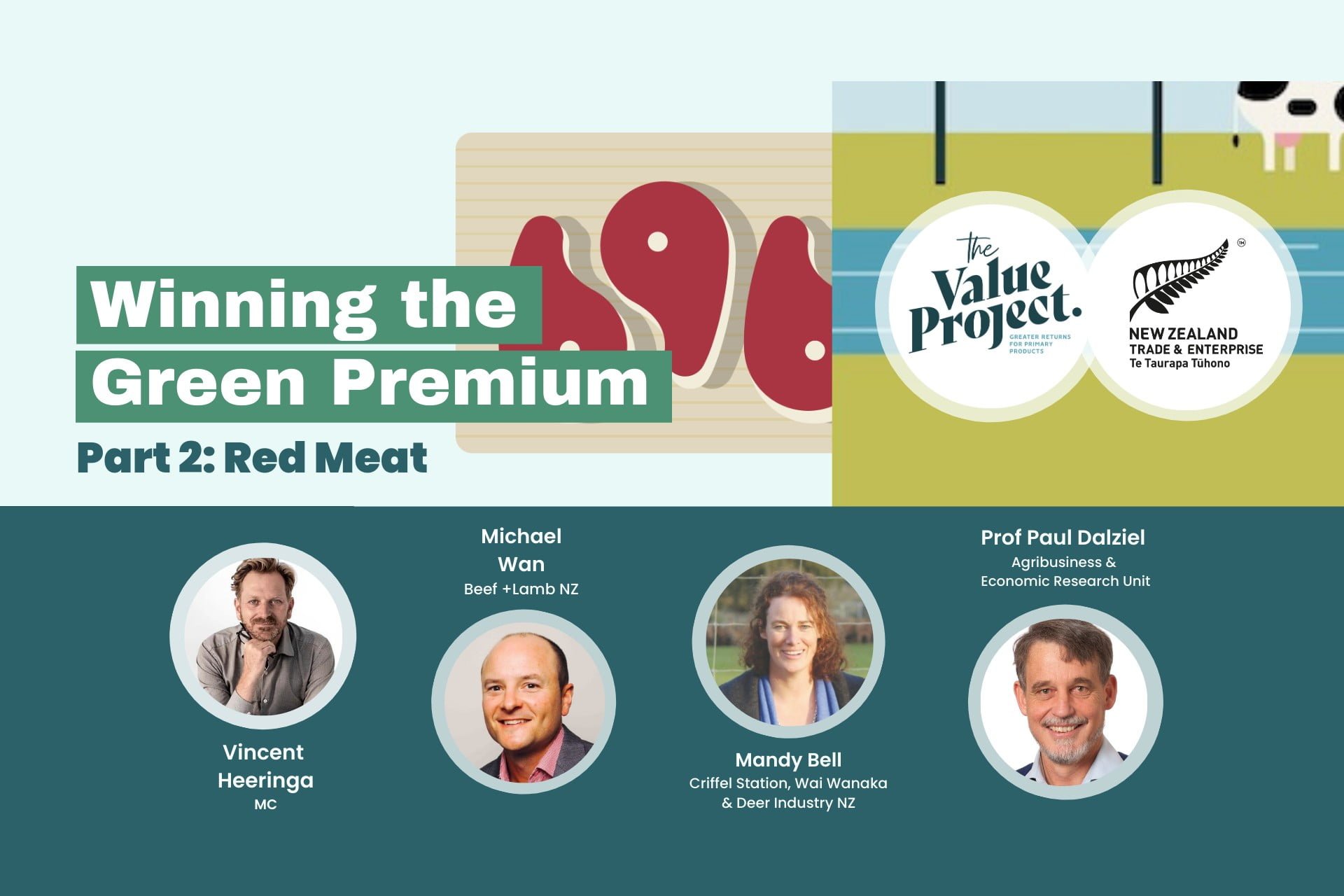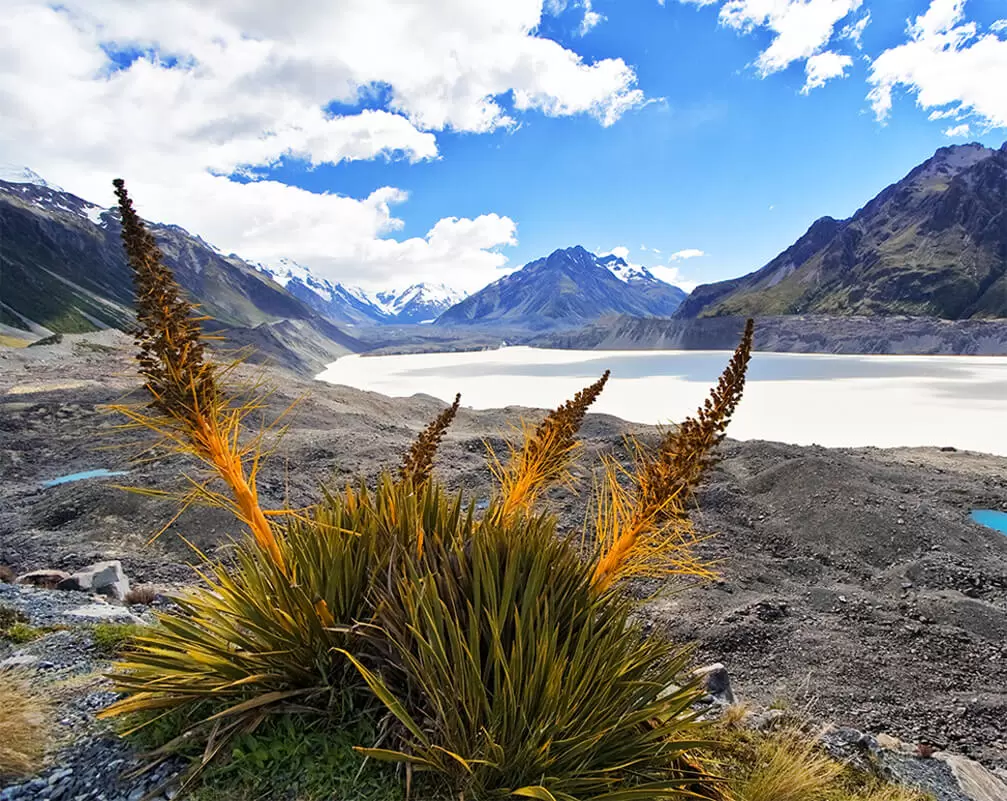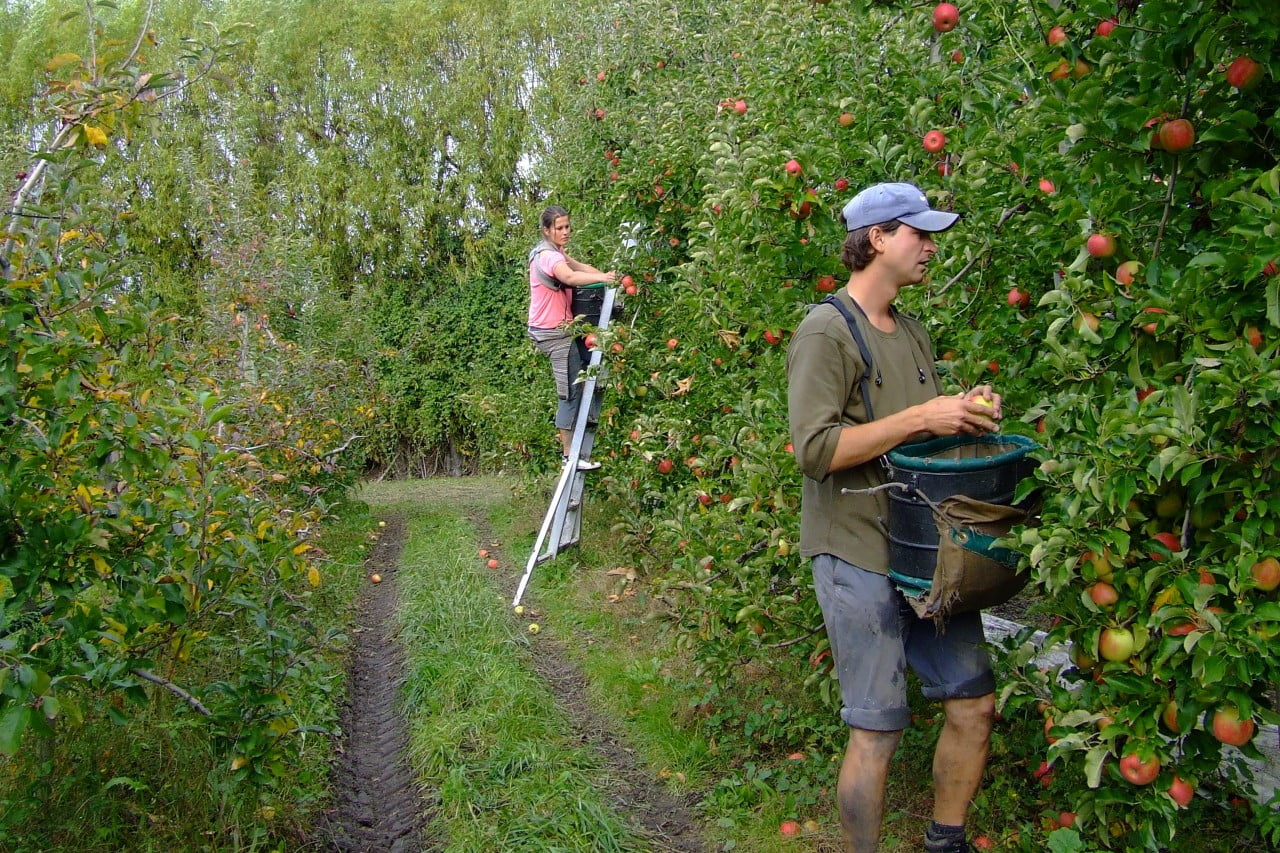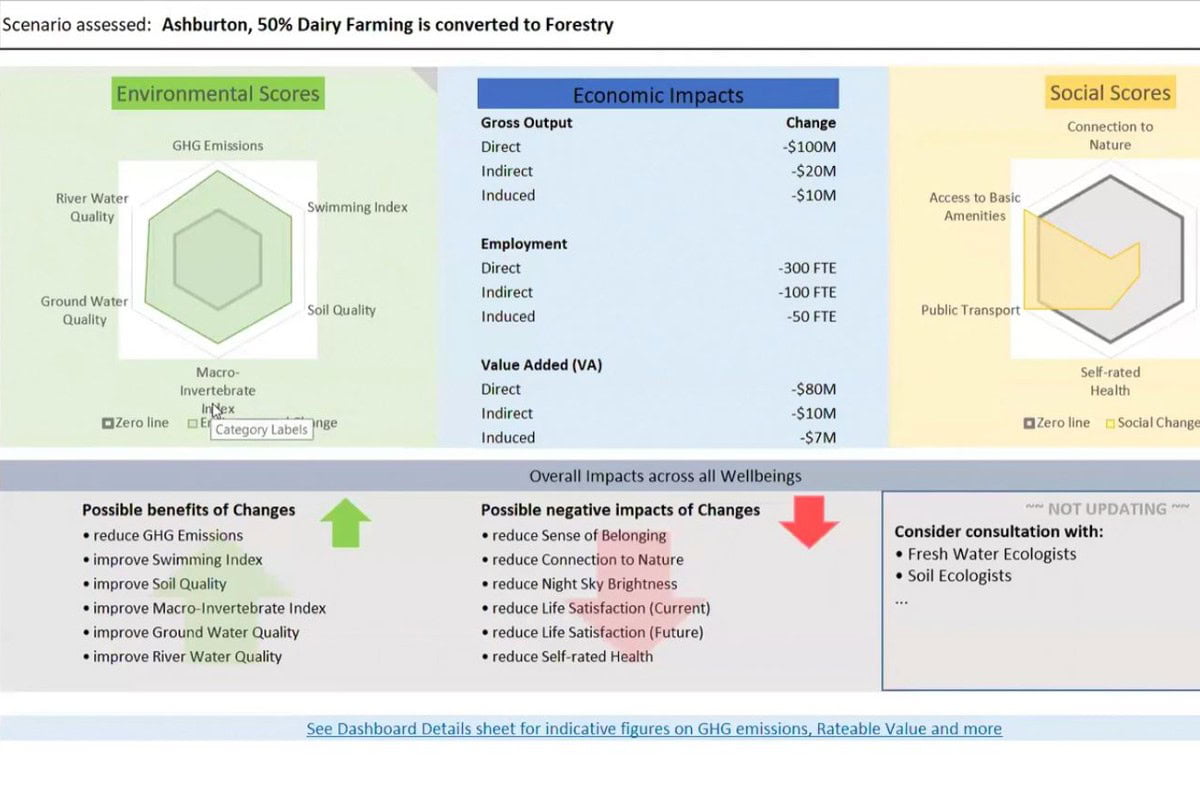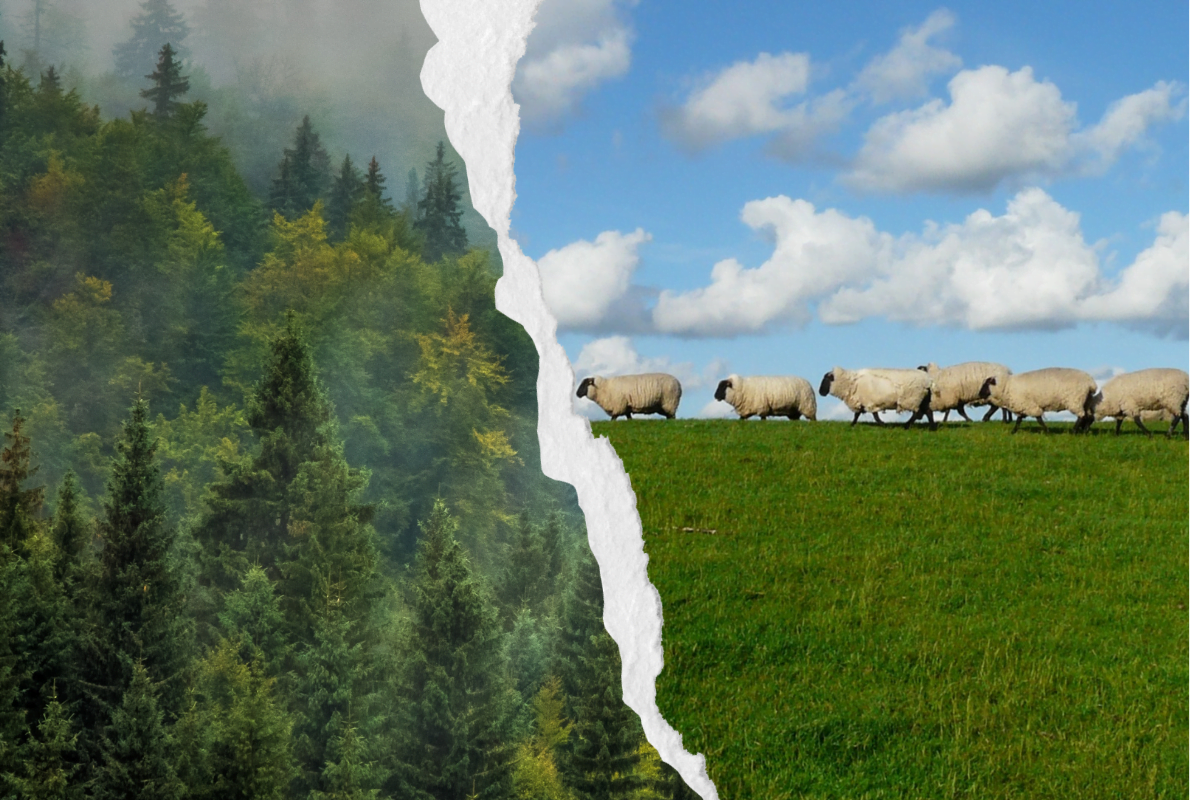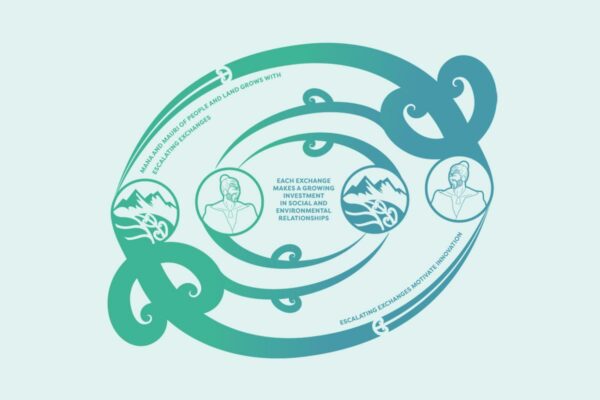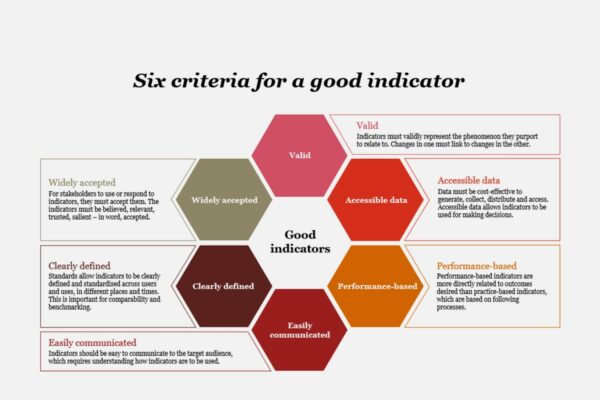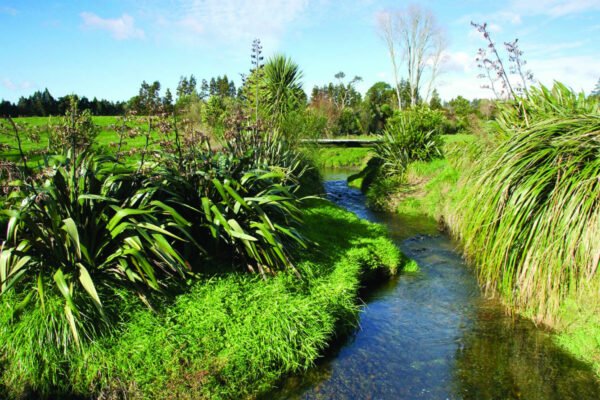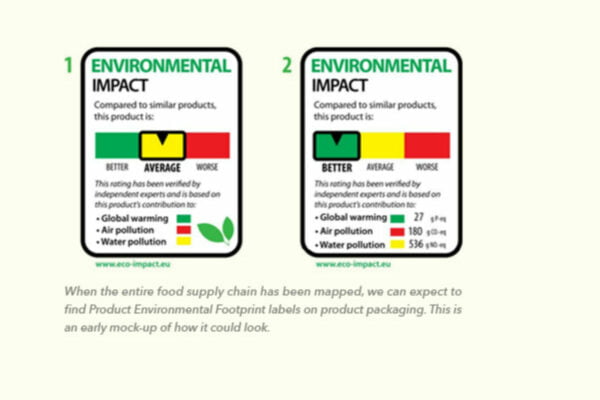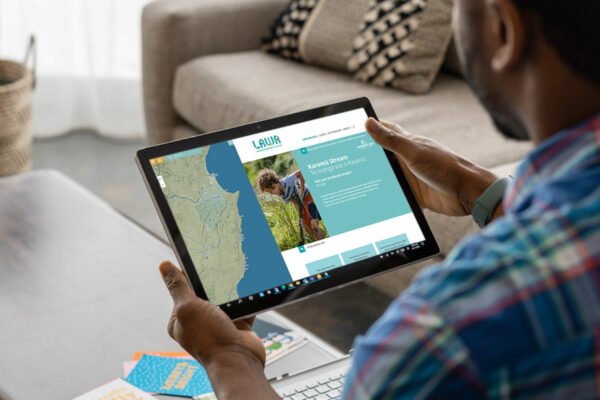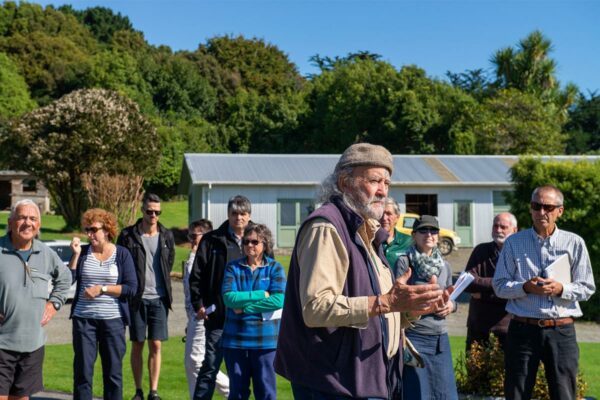Rewarding Sustainable Practices
Delivering validated new knowledge to agribusiness leaders transforming commodity supply chains to premium value chains
Project Details Ngā taipitopito
Collaborators Ngā haumi
Foundation for Arable Research | JD Reid Ltd | Lincoln University | Miraka | Scion | Te Hono | Wageningen University | Wakatū Incorporation
What are we doing?E aha ana mātou?
New Zealand food producers are under pressure to reduce their impact on fresh water and their greenhouse gas emissions. They also need to maintain their income to support their whānau and their employees, pay their mortgage, and continue making their significant contribution to New Zealand’s economy.
One way to support farmers and growers to meet New Zealand’s environmental goals is to reward sustainable practices.
People all over the world value many things about quality New Zealand food, such as its safety and environmental stewardship, and many customers are willing to pay more for these qualities.
This research will help exporters capture more value for their produce and increase returns to food and fibre producers, rewarding the good practices that created the extra value. This will require a ‘value chain’ of businesses, from farmer to retailer, to collaborate to authentically deliver the attributes valued by overseas customers.
How can the research be used? Ka pēhea e whai take ai te rangahau?
- Researchers have tested their approach by working alongside four businesses beginning a ’volume to value’ transition, providing new insights into how enterprises can transform their commodity supply chain to a premium value chain.
- The research team has identified 9 key characteristics that are common to value chains that successfully reward food producers for sustainable choices.
- ‘Market orientation’ is one key characteristic common to successful value chains. This research has undertaken choice modelling experiments to understand what attributes overseas customers most value for food and fibre products from New Zealand. (Explore the results of the team’s previous choice modelling experiments: sauvignon blanc in California, yoghurt in Shanghai, kiwifruit in Shanghai, beef in California)
- The research programme is developing a tool for agribusinesses and exporters, that they can use to help identify and introduce critical success factors associated with successful value chains.
- The programme will deliver this new knowledge to leaders who are transforming New Zealand’s primary sector to distribute significantly more value to producers from consumers than established supply chains.
- This programme builds on the work of the Integrating Value Chains programme.
Related research updates Ngā pānui mō te rangahau nei
Participation & engagement Te hunga i whai wāhi mai
- The programme is being supervised by an Advisory Board of 20 representatives from major end-users of the research. The board has an oversight role in this project, meeting twice a year to receive reports on the research and to co-design the next stage.
- An impact broker will assist with stakeholder engagement and co-design of initiatives to amplify impact to businesses, industry bodies and Māori enterprises.
 View Our Strategy Document 2019 – 2024
View Our Strategy Document 2019 – 2024



